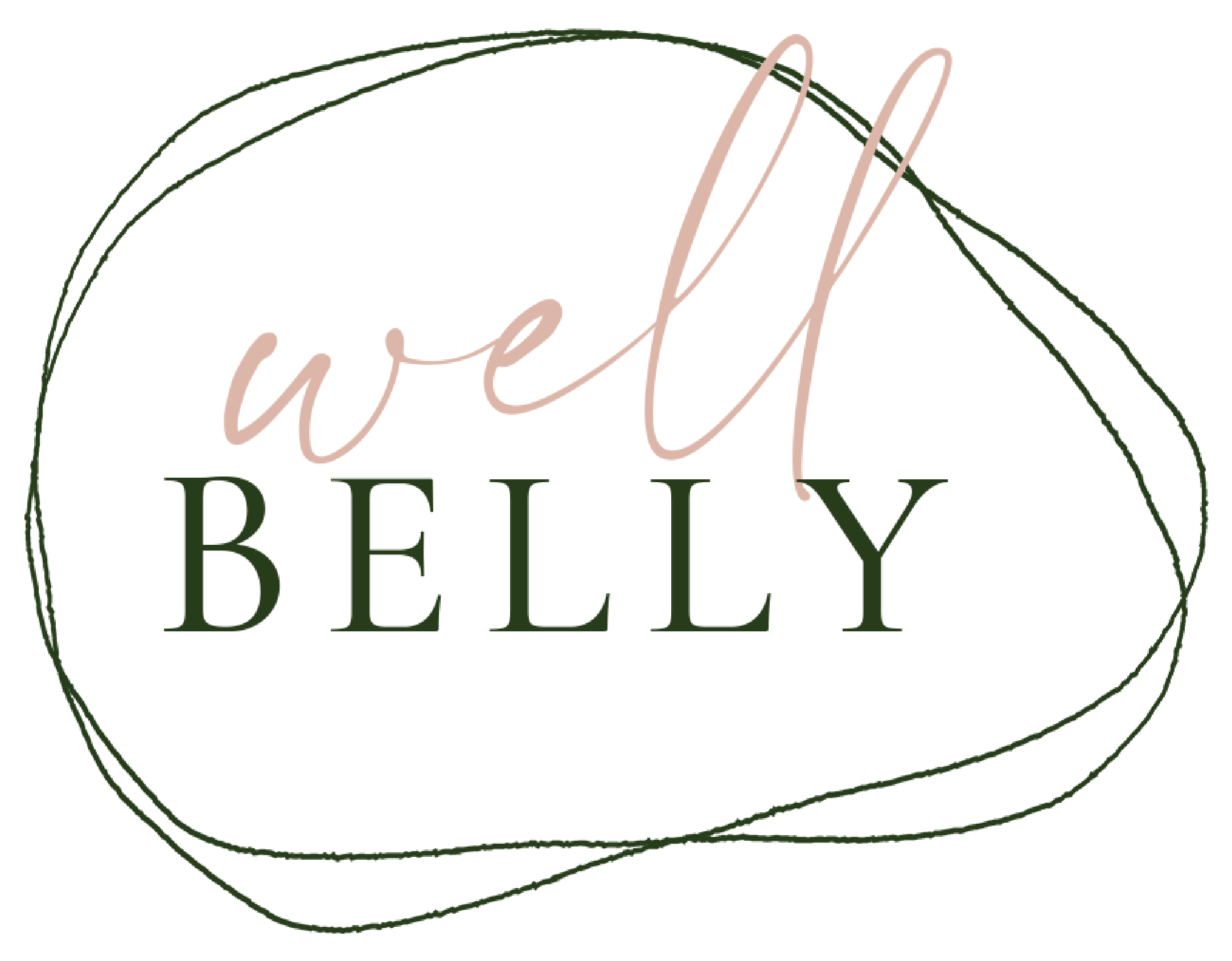The Art of Rest: Nurturing Your Well-Being Amidst the Chaos
In today's fast-paced world, being busy has become a type of status symbol, and the being productive often overshadows the importance of rest. Busyness is seen as badge of honour, neglecting the toll it can take on our physical, mental, and emotional well-being. In this relentless pursuit of success, we often forget that true productivity and a balanced life can only be achieved when we prioritize rest – not just physical rest, but also mental respite.
Our modern lives are characterised by a never-ending barrage of stimuli – from work commitments and social engagements to the ceaseless digital noise of notifications. The cumulative effect of this constant activity can leave us feeling drained, overwhelmed, and disconnected from ourselves. The constant state of busyness and stress not only impacts our mood and mental health but also affects our focus, decision-making, and overall productivity.
Constant busyness can add to stress and stress can be an insidious force that infiltrates every part of our lives. From demanding work deadlines to the never-ending stream of notifications, our modern existence is a breeding ground for stress. And the consequences are not just limited to a frazzled mind – stress can have profound effects on our physical health. It can weaken the immune system, elevate blood pressure, disrupt sleep patterns, and even contribute to chronic conditions. In this light, rest comes even more important.
Rest isn't just about sleeping in on the weekends or taking vacations once in a while. It encompasses a holistic approach that includes both physical and mental components. Just as our bodies need sleep to rejuvenate, our minds need periods of mental rest to recharge. Here are three strategies to help you embrace the art of rest and find balance amidst the chaos:
1. Mindful Moments of Mental Rest:
Incorporate mindful breaks into your day. Set aside short intervals for deep breathing, meditation, or simply gazing out of a window. Disconnect from your devices during these moments, allowing your mind to detach from the constant stream of information. Research has shown that even brief moments of mindfulness can improve focus, reduce stress, and enhance overall well-being.
2. The Power of Unplugging:
Technology has revolutionized our lives, but its constant presence can also be draining. Designate specific periods each day to disconnect from your devices. Create tech-free zones in your home, especially in spaces where you rest or eat. Use this time to engage in activities that bring you joy, like reading a physical book, going for a walk, or spending quality time with loved ones. Unplugging allows your mind to reset and encourages more meaningful connections.
3. Enjoying Being Idle:
In a world that glorifies busyness, embracing idle moments may seem counterintuitive. However, allowing yourself to engage in activities without a specific goal can be incredibly liberating. Engage in hobbies you're passionate about, whether it's painting, gardening, playing an instrument, or simply daydreaming. These moments of "productive idleness" not only give your mind a break but also often lead to creative insights and a greater sense of well-being.
These days, rest can feel like a luxury we can't afford. However, rest is a necessity, not an indulgence. Prioritising profound rest – both physical and mental – is essential for maintaining a healthy work-life balance, supporting nervous system function, and nurturing emotional well-being. Remember, rest is not about being lazy; it's about valuing yourself enough to recharge, so you can show up as your best self in every aspect of your life.

